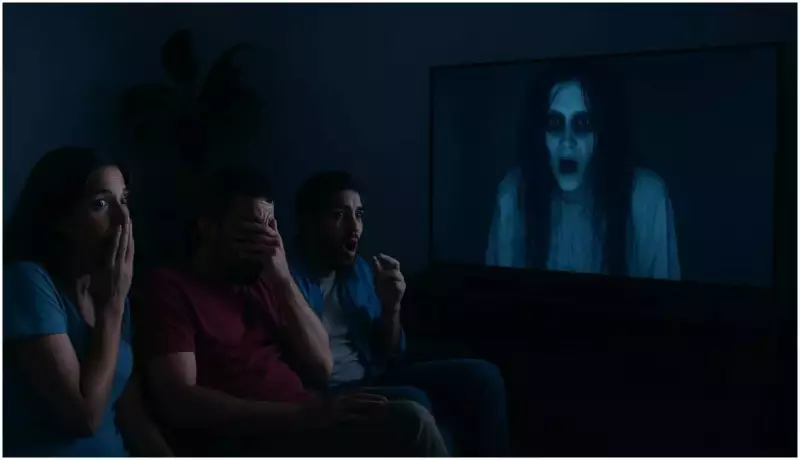
This Halloween season, your love for horror films and haunted house visits might be doing more for you than just providing entertainment—it could be your secret weapon against stress. Contrary to what you might expect, controlled fear experiences are emerging as an unexpected form of therapy that helps people cope with everyday anxieties.
The Science Behind the Scare
When you watch a horror movie or walk through a haunted attraction, your body undergoes the same physiological responses as during real fear—increased heart rate, heightened senses, and adrenaline rush. However, your brain quickly recognizes that you're in a safe environment. This creates a unique opportunity to experience intense emotions without actual danger.
Why Controlled Fear Works Wonders
The psychological mechanism is fascinating: by exposing ourselves to manageable scares, we essentially practice how to handle stressful situations. This process, known as 'exposure therapy' in psychological terms, helps build emotional resilience. When you successfully navigate through a frightening movie scene or haunted maze, your brain registers it as a victory over fear.
Key Benefits of Fear-Based Entertainment:
- Stress Hormone Regulation: Brief spikes in cortisol followed by relief can help reset your stress response system
- Emotional Catharsis: The release of pent-up emotions through safe scares provides psychological cleansing
- Confidence Building: Overcoming fictional fears translates to better real-world anxiety management
- Social Bonding: Shared scary experiences strengthen social connections and provide mutual support
Practical Applications for Stress Management
Mental health experts suggest that incorporating controlled fear experiences into your routine can be particularly beneficial for people dealing with chronic stress. The key is finding the right balance—experiences that are thrilling enough to trigger the fear response but not so intense that they become traumatic.
Getting Started with Fear Therapy:
- Begin with mildly scary content and gradually increase intensity
- Choose experiences with clear beginnings and endings
- Always ensure you're in a safe environment
- Share the experience with friends or family for added support
- Pay attention to your comfort levels and don't push beyond them
As Halloween 2025 approaches, consider embracing the spooky season not just as entertainment, but as an opportunity to strengthen your mental resilience. Those goosebumps during your favorite horror film might be doing more good than you ever imagined.





